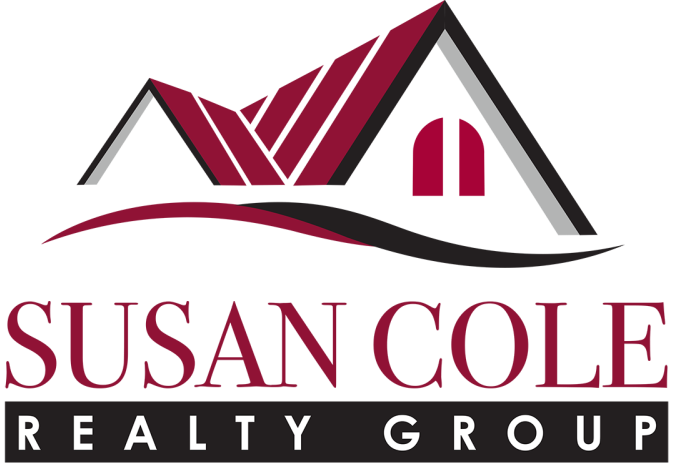If you’ve inherited a property and you’re planning to sell it, make sure you read this blog post for 3 tips about how to price your inherited home in New Hampshire for sale…
Did you inherit a property that you’re now thinking about selling? Inheriting a house in New Hampshire can evoke mixed feelings. On one hand, it’s a chance to carry on a piece of family history. On the other hand, you might find yourself face-to-face with creaky floors, outdated decor, or a battalion of squirrels in the attic. Whether it’s a charming colonial or a fixer-upper that’s heavy on the “fix,” pricing your inherited property can be as tricky as trying to solve a Rubik’s Cube blindfolded. But fear not! This guide is here to help you navigate the process without breaking a sweat (or the bank).
Tip #1: Price Competitively To Sell Quickly
Some people price their inherited property at an amount they think the market might pay for the house. However, there are many factors that go into this price and one of the biggest considerations is: how fast do you want to sell? Selling through an agent “on the market” can take months, and you’ll have to pay for the house and maintain the property the entire time. That can be costly and can eat into the higher price.
Many property owners quickly learn that they’re almost better off to price slightly lower for a faster sale… they might get less for the house but they also pay less on repairs, carrying costs, effort, and time, so it’s ultimately a trade-off that might turn out to be a total wash.
Consider this: the average time a home stays on the market in New Hampshire is about 28-35 days as of 2023. As of November 2024, the average days on market (DOM) for single-family homes in Grafton County, New Hampshire, was approximately 31 days, reflecting a 14.8% increase compared to November 2023. However, homes priced slightly below market value often sell even faster, sometimes within just two weeks. While you might receive a lower initial offer, the savings on holding costs and repairs could make this approach more profitable in the long run.
Let’s break it down:
- Holding Costs: If your inherited home costs $2,000/month to maintain (utilities, taxes, etc.) and sits on the market for six months, that’s $12,000 out of your pocket.
- Repair Costs: By pricing lower, you might attract buyers willing to purchase “as-is,” saving you from costly renovations.
In short, while a higher asking price might seem appealing, the carrying costs of a long sales process can add up quickly. Sometimes, pricing to sell fast is the smartest move.
Tip #2: Avoid Pricing Based On Fond Memories Or Emotion
t’s easy to let nostalgia influence your pricing. Maybe this was the house where you spent summers chasing fireflies, or where your grandparents baked pies that could win state fair ribbons. But as sentimental as these memories are, they don’t translate into market value.
Buyers are evaluating square footage, condition, and location—not memories. A three-bedroom colonial in New Hampshire or other parts of the Upper Valley might fetch around $400,000, but that figure won’t rise because of your emotional attachment. Overpricing based on sentimentality can deter buyers and result in the house sitting on the market for months.
Instead, consult a real estate professional for a Comparative Market Analysis (CMA). This report shows what similar homes in your area have sold for, giving you a realistic idea of the property’s market value. Let the data, not your heartstrings, guide your pricing decision.
Tip #3: Build In Discounts For Repairs
Inherited homes often come with a to-do list of repairs. Whether it’s a roof that needs replacing or an avocado-green bathroom begging for an update, these issues can scare off buyers—or tempt you to dive into costly renovations.
Instead of taking on the expense and hassle of repairs yourself, consider pricing the home to reflect its current condition. Offering a “repair discount” can attract buyers who are willing to take on the work themselves, often at a fraction of what it would cost you.
Here’s how this strategy can work in your favor:
Buyer Appeal: Many buyers prefer the opportunity to customize their homes and may even view the repairs as a chance to increase the property’s value.
Example: A home needing $20,000 in repairs might sell for $280,000 as-is instead of $300,000 after renovations. By skipping the updates, you save time and avoid project overruns, all while still netting a fair price.
Summary
An inherited house can be a lot of work so if you’re thinking of selling it, you’re certainly not alone. But how do you price an inherited house? These tips will guide you on how to price your inherited home in New Hampshire for sale. Pricing your inherited home in New Hampshire doesn’t have to be overwhelming. With a strategic approach—competitive pricing, data-driven decisions, and a willingness to be flexible—you can sell your property quickly and fairly.
Remember, every house has a story. While the memories tied to your inherited home are priceless, setting the right price for the market ensures those stories can live on with a new owner. Whether it’s a buyer dreaming of their first New England winter or a family excited to explore your old stomping grounds, the right price helps everyone move forward.
For more detailed and up-to-date market statistics, you can visit the New Hampshire Association of REALTORS®’ Market Data page.
Why not get in touch with us today about selling your inherited property to us here at Brendan Callahan Realtor - Susan Cole Realty Group? Just call us at (603) 443-3149 or click here and enter your information in the form.


